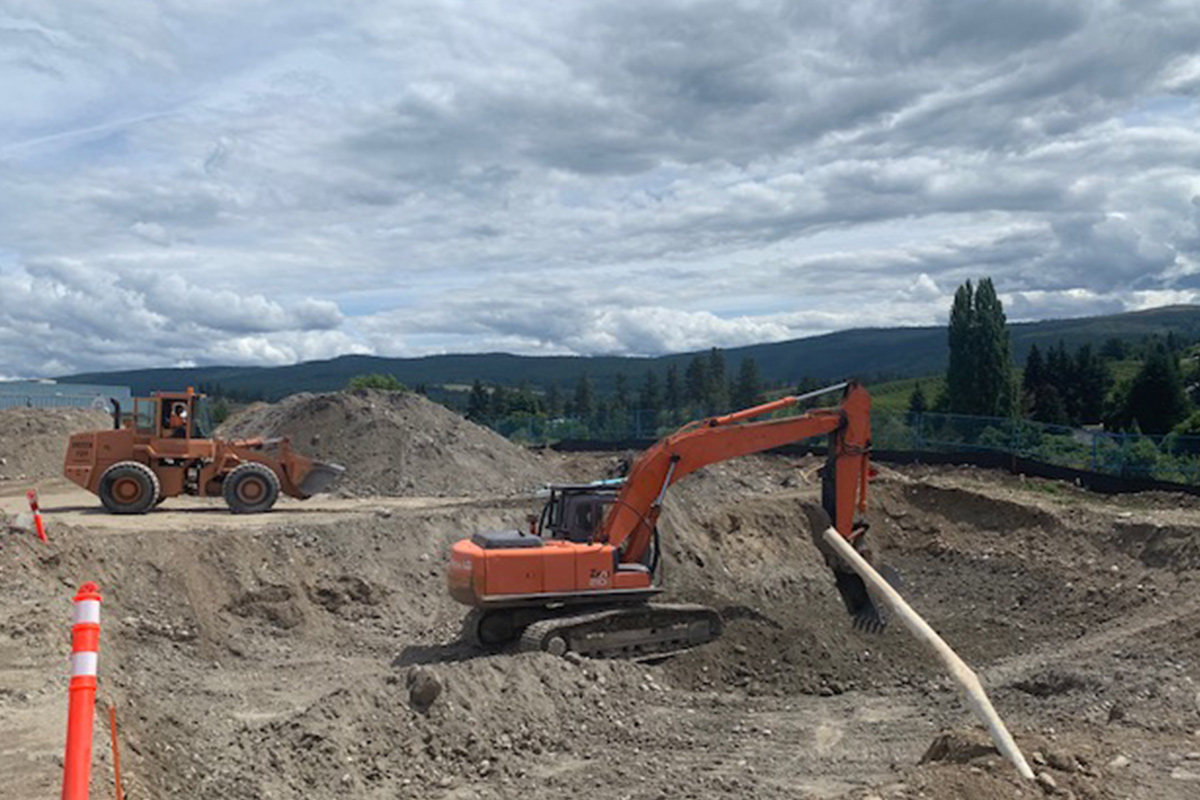Excavation and land development are pivotal activities in shaping the physical environment in which societies operate. In examining the contributions of Ben’s Excavating & Land Development, it is essential to dissect the dualities of their role—where environmental design intersects with socio-cultural frameworks. This discourse will navigate the relevance of cultural relativism in understanding land development practices and the implications of this firm’s approach in shaping landscapes while fostering community engagement.
To begin with, it is paramount to comprehend the concept of cultural relativism, an anthropological theory positing that a person’s beliefs, values, and practices should be understood based on their cultural context rather than judged against the criteria of another culture. This perspective is crucial in assessing the practices of Ben’s Excavating & Land Development, as land development activities are invariably influenced by local customs, values, and ecological considerations. The firm adheres to practices that not only respect the physical landscape but also seek to harmonize with the cultural narratives embedded in the region’s populace.
At the heart of land development is the excavation process. Herein lies the firm’s capability to reshape terrains, opening opportunities for new infrastructures such as residential homes, commercial spaces, and public facilities. However, excavation entails more than merely moving earth; it necessitates a deep-seated understanding of the land’s history and the community’s visions. The act of excavation can be viewed as an intersection of the natural world and sociocultural identity, both being inexorably linked.
Ben’s Excavating exemplifies a conscientious approach towards excavation, which takes into account the diverse cultural heritages present in the areas they serve. Each project begins with a thorough examination of the local culture. For instance, they might engage with local indigenous groups to ensure that their operations do not infringe upon sacred lands or disturb historical sites. Such considerations reveal a commitment to cultural sensitivity that resonates deeply within the anthropological domain.
This methodical approach not only fosters good relations with the community but also elevates the standard of excavation practices. By actively incorporating community feedback, the firm cultivates a participatory model, wherein the inhabitants become stakeholders in the land development process rather than mere observers. This marks a significant shift in the landscape of excavation practices, promoting a dialogue that nurtures social cohesion.
The ontological implications of land transformation through excavation are profound. Cultural relativism posits that the meaning of place is contextual. A plot of land can evoke varied sentiments across different cultural groups. For some, it may be viewed as a site of agricultural potential, while for others, it might symbolize historical significance or identity. By acknowledging these varied meanings, Ben’s Excavating not only enhances its marketability but also contributes to the social fabric of the community it serves.
A tangible representation of these principles can be observed in Ben’s commitment to sustainable land development practices. Sustainability, in this context, reflects adaptive strategies that respect both the environment and cultural practices. The firm engages in practices such as erosion control, water conservation, and selection of native plant species for landscaping, which preserve the ecological integrity of the area. Such endeavors exemplify the conviction that land development should not occur at the expense of future generations’ rights to their cultural landscapes.
As a case study, consider a recent project undertaken by Ben’s Excavating in a rural locality marked by a rich cultural heritage. Local community members were invited to participate in discussions concerning the design of public spaces, which would integrate recreational areas reflecting indigenous art and cultural motifs. This initiative facilitated a unique intersection where excavation techniques met cultural artistry, yielding spaces that were not only functional but also steeped in local narratives.
This project illuminates the broader implications of cultural relativism within land development practices. The willingness to adapt excavation and construction methods to align with community values epitomizes a paradigm shift in the industry. Rather than imposing a singular vision of development, Ben’s Excavating’s strategies encourage a collaborative approach that inspires curiosity and cultivates understanding amongst diverse groups.
Furthermore, the role of education in cultural engagements cannot be overstated. Ben’s Excavating proactively participates in community outreach programs by conducting workshops that educate local residents on the significance of their cultural landscape and sustainable practices. Through these initiatives, the firm fosters an environment of shared knowledge, enhancing the community’s capacity to advocate for their cultural rights in future development projects. It is this cultivation of awareness that promises to shift perspectives about the relationship between development and culture.
In conclusion, the practices of Ben’s Excavating & Land Development offer profound insights into the socio-cultural dynamics at play within land development contexts. By integrating the principles of cultural relativism into their framework, the firm not only reshapes physical landscapes but also redefines the contours of community engagement. Their dedication to respecting cultural heritage while pursuing sustainable development practices serves as a template for future endeavors, underscoring the critical balance between progress and preservation. In a world of expanding urbanization, such ethical considerations are essential for harmonious coexistence with the rich narratives that define our landscapes.
